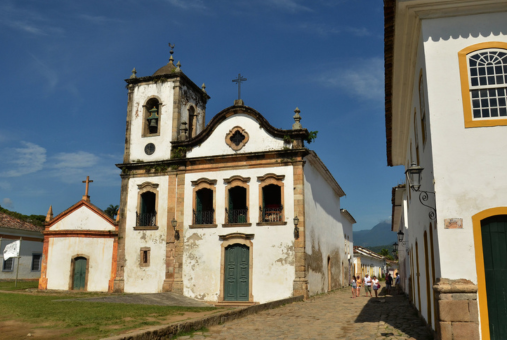
In the book "Pedophilia in the Church: An unprecedented dossier on abuse cases involving Catholic priests in Brazil," journalists Fábio Gusmão and Giampaolo Morgado Braga describe the first panorama of sexual abuse against children and adolescents by the clergy in the largest Catholic country in the world.

Black people are 55.9% of the Brazilian population, but only 9.5% of the people who sign texts in the printed editions of Estadão, Folha de S. Paulo and O Globo. This is one of the findings of a survey that alerts to "a very serious cultural, social and political problem" with the under-representation of non-white people and women in newspapers.

In the book "The man with the white shoes: The life of the inventor of the dog-eat-dog world on Brazilian TV," journalist Maurício Stycer sheds light on the professional trajectory, personal history and innovations introduced by Jacinto Figueira Júnior, better known as The man with the white shoes. Stycer, a renowned TV critic in Brazil, explores the emergence of sensationalism, shock and amazement as central production values of TV journalism in the country.

The Bruno and Dom Project, led by the French organization Forbidden Stories, brought together more than 50 journalists from 16 news outlets to continue the work of British journalist Dom Phillips, who was with Brazilian Indigenous affairs expert Bruno Pereira when the two were murdered in June 2022. LJR spoke with some of the journalists involved in this collaborative effort.
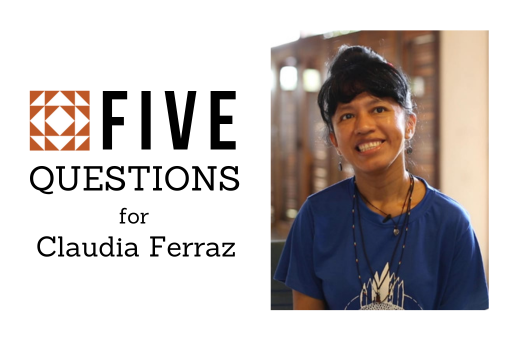
The Wayuri Network, made up of Indigenous communicators from the Alto Rio Negro region, on the border between Brazil, Colombia and Venezuela, is celebrating its sixth anniversary in 2023. Claudia Ferraz, of the Wanano people, spoke to LatAm Journalism Review (LJR) about the work of the internationally-awarded network and the lessons from these six years of existence.
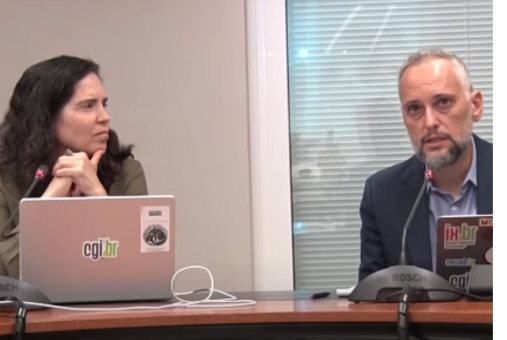
The Brazilian Internet Steering Committee published a report on the payment for journalistic content by digital platforms. The study traces an overview of the Brazilian debate and identifies the positions of the actors involved, as well as discusses regulatory frameworks in other countries.

Glenn Kessler, chief fact checker at the Washington Post, Khaya Himmelman, a political misinformation reporter, Bill Adair, the founder of PolitiFact and Sérgio Dávila, editor-in-chief of Brazillian newspaper Folha de S.Paulo spoke on a panel about fact checking and misinformation in hyperpolarized times moderated by Anya Schiffrin of Columbia University.
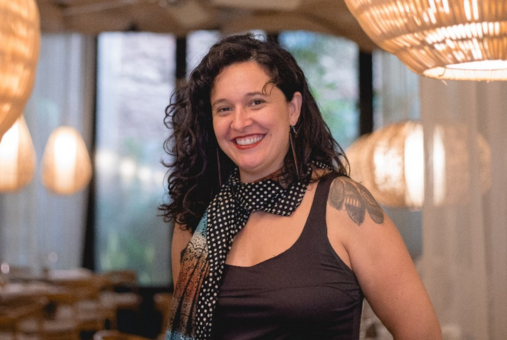
In an interview with LJR, AJOR’s president, Natalia Viana, explains a new proposal to promote journalism sustainability. The proposal would change the Fake News Bill, which is currently being discussed in Brazil's Congress. The association's stance on the proposal differs from that of large media groups in the country.

A new website launched by the Brazilian federal government with the official purpose of fighting disinformation through the use of language appropriate to fact-checking initiatives has prompted criticism from independent verification professionals and agencies, which see an undue appropriation of its format — which is, by principle, impartial and nonpartisan.
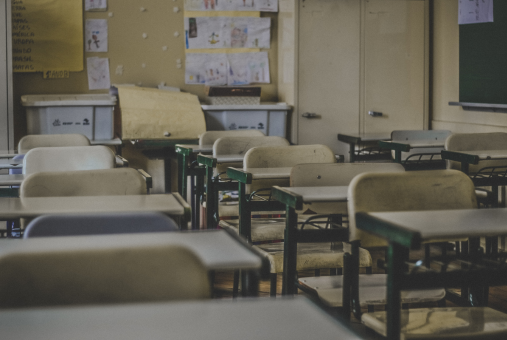
The attack by a 13-year-old student at a school in São Paulo has revived debate in Brazil about the impact of news coverage on this type of violence. The Association of Education Journalists (Jeduca) brought together experts to advise on how to carry out responsible coverage, in order to prevent the proliferation of such attacks.
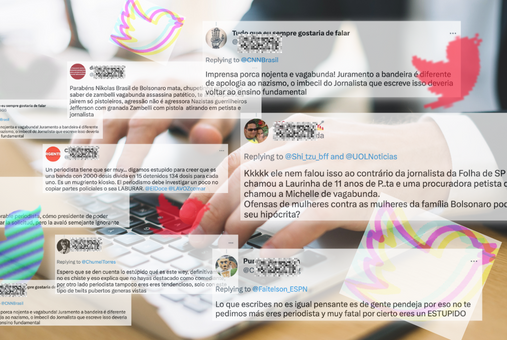
"Attack Detector" is a natural language processing model developed by members of Abraji and Data Crítica in order to explore the origin of violent narratives on Twitter against journalists in Brazil and Mexico, countries where such attacks are on the rise.

Exhibition in São Paulo presents previously unpublished photographs by Brazilian photojournalist Evandro Teixeira during the first days of the Augusto Pinochet dictatorship in Chile, among others. The exhibition prompts a reflection on the role of the press and photography in authoritarian contexts.